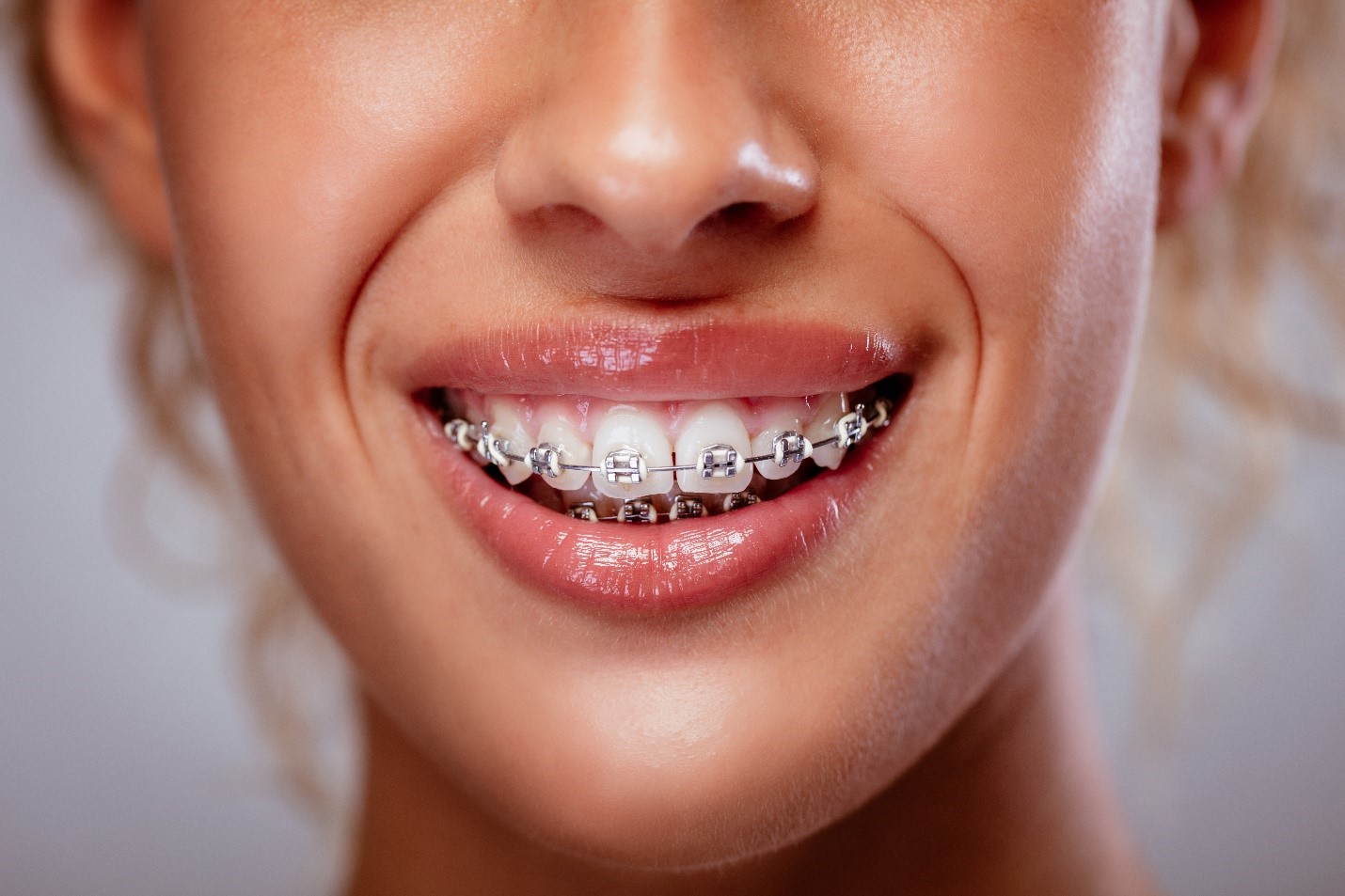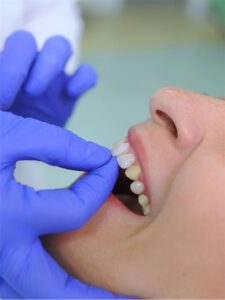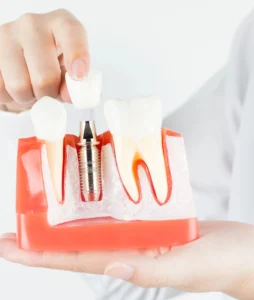The cosmetic dental industry was worth a whopping $18 billion in 2018. And it’s only expected to rise in the next few years. Cosmetic dentistry deals with enhancing your dental appearance that includes healthy teeth and gums. With people wanting their teeth to align as nicely as piano keys, the cosmetic dental industry has to keep up with the increasing demands. Here’s how you can choose between traditional and invisible braces.
Braces
Braces are metal brackets and wires put together to treat the misalignment of the teeth. Orthodontists have used these for many years. They are incredibly effective in treating overcrowding and giving orthodontists proper control and time to move your teeth. They are also cost-effective, so you can have a pretty smile without spending big money.
Traditional braces need maintenance like regular dental check-ups and avoiding food that might get stuck in them. The common issue with braces is their appearance; they are noticeable and might make people self-conscious.
Invisalign
Invisalign or invisible braces are smooth, clear trays custom-made to fit perfectly on your teeth. Much like braces, they’re also used to treat malocclusions or poor bite. However, invisible braces are clear, making them less noticeable. They’re also easy to maintain; you can pop them off before eating and clean them too. This also makes them susceptible to being misplaced.
Invisalign has become popular in the last few decades because of its effectiveness, comfortability and safety. They’re smooth and don’t have any sharp edges poking in your mouth. Easy handling makes them suitable for people of all ages. Getting Invisalign can be more expensive than regular braces.

Better for you?
According to a BMC Oral Health study, both invisible braces and traditional braces effectively treat the misalignment of the teeth. However, invisible braces had the upper hand in the segmented movement of teeth and shortened treatment duration but lacked effectiveness in producing contact between the lower and upper jaw. They were also less effective in controlling teeth torque and retention as compared to traditional braces.
Consultation with a dentist will be your best bet in deciding what is better for you. Both options have their pros and cons, and a dentist will recommend the optimal choice based on your teeth’s condition.
Looking to get Invisalign in Woodland Hills? Try West Hills Smile.
Equipped with advanced technology, skilled dentists and a high-end facility, we at West Hills Smiles strive to provide our patients with the smile they deserve.




